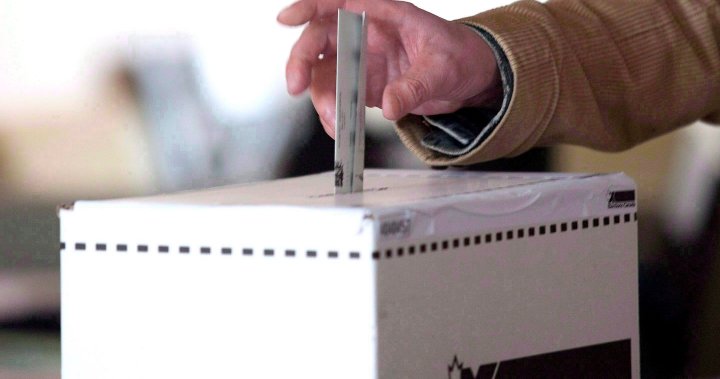An upcoming federal byelection in the city of Toronto will be subject to “enhanced monitoring” for potential foreign interference, the government announced Tuesday.
Public Safety Minister Dominic LeBlanc said the June 24 vote in the riding of Toronto-St. Paul’s will be subject to measures first brought in last year to protect byelections from possible meddling and influence.
Under the measures, the Security and Intelligence Threats to Elections (SITE) Task Force will provide “enhanced monitoring and assessing of foreign interference threats during the byelection period,” LeBlanc said in a statement.
The assessments will be provided to a new deputy minister committee on intelligence response, whose members will “stand ready to brief and advise ministers with mandates to combat foreign interference and protect Canada’s democratic institutions.”
“Lines of communications will also be opened with designated representatives of political parties to ensure engagement should it become necessary over the course of the byelection period,” the statement says.
The SITE task force will then produce a classified and unclassified report with its assessment of “any attempts at foreign interference” during the vote.
“The classified report will be made available to the Prime Minister, relevant ministers, as well as to the National Security and Intelligence Committee of Parliamentarians, and identified representatives of the parties with appropriate security clearances,” LeBlanc said in the statement.

Longtime Liberal MP and cabinet member Carolyn Bennett announced last year she was stepping down from her Toronto-St. Paul’s riding after 27 years. She has since been appointed Canada’s ambassador to Denmark.
The email you need for the day’s
top news stories from Canada and around the world.
The enhanced monitoring measures were first applied to four federal byelections held in June and July of 2023. The subsequent reports delivered by the SITE task force — which consists of the Communications Security Establishment, Canadian Security Intelligence Service, Global Affairs Canada and the RCMP — concluded no attempts at foreign interference were observed during those votes.
The measures, as well as new bodies like the deputy minister committee on intelligence response, were created after independent special rapporteur David Johnston concluded in a report that the government needed to improve the way intelligence is shared between security agencies, relevant ministers and their staff.
LeBlanc said the measures are continuously reviewed to ensure they are aligned with “new and evolving threats.”
Ottawa has faced pressure to do more to combat foreign interference in its democratic institutions. The government last week announced new legislative measures, including the creation of a foreign influence registry and new criminal offences, as well as enhanced capabilities for CSIS to monitor and assess potential threats.
An ongoing public inquiry launched in January is examining allegations of attempts to meddle in the 2019 and 2021 federal elections and how the government handled intelligence it received on those threats.
In her interim report earlier this month, Commissioner Marie-Josée Hogue said those meddling attempts did not change the outcome of the votes but did undermine the rights of Canadian voters because it “tainted the process” and eroded public trust. Hogue is expected to release a final report in December, which will include recommendations for the government.
Other reports issued since 2018 have concluded improving transparency with Canadians on foreign interference threats is critical to ensure faith in democracy.
“These measures are in line with the Government of Canada’s commitment to keeping Canadians informed about foreign interference in Canada,” LeBlanc said Tuesday.
© 2024 Global News, a division of Corus Entertainment Inc.




